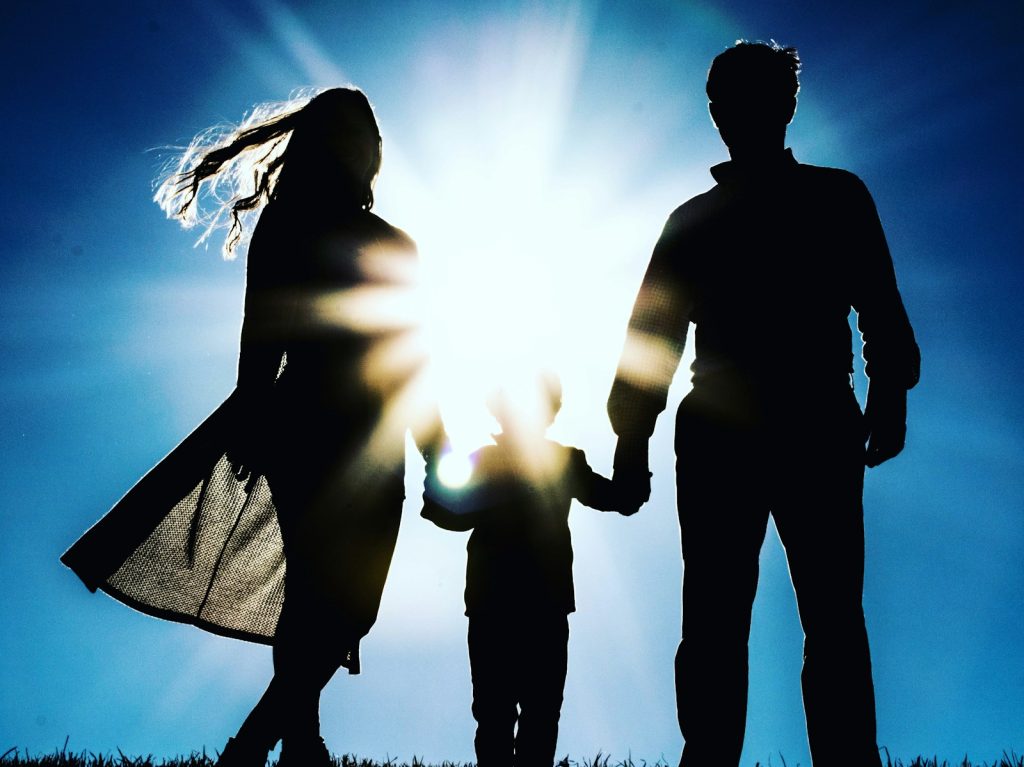 Adoption allows children who will not be raised by their biological parents to legally become part of another family, while maintaining their genetic and emotional ties to their original parents. While some view having children as a divine mandate, others either cannot conceive due to biological reasons or personal choice, making adoption a viable option. Adoption in Nigeria is relatively common, though not all adoptions are legal. Some families generously take in orphaned children or those who have lost one parent, often without formal legal processes, resulting in implied adoptions.
Adoption allows children who will not be raised by their biological parents to legally become part of another family, while maintaining their genetic and emotional ties to their original parents. While some view having children as a divine mandate, others either cannot conceive due to biological reasons or personal choice, making adoption a viable option. Adoption in Nigeria is relatively common, though not all adoptions are legal. Some families generously take in orphaned children or those who have lost one parent, often without formal legal processes, resulting in implied adoptions.
Implied adoptions occur when a parent leaves their child with another family and does not maintain a significant relationship or provide support for an extended period. In contrast, legal adoption formally ends the child’s legal relationship with their biological parents and establishes a new one with the adoptive parents. In Nigeria, adoption can be statutory or customary.
Customary Adoption
Customary adoption may be formal or informal. Formal adoption requires the birth parents to explicitly transfer parental rights to the adoptive parents. Informal adoption involves integrating the child into a new family over time, often through fostering or guardianship, without a formal legal process. An example of customary adoption is seen in the case of Akinwande v. Dogbo.
Statutory/Legal Adoption
Statutory adoption, governed by written laws, permanently terminates the child’s rights and legal relationship with their biological parents, creating new legal bonds with the adoptive parents. The Child Rights Act of 2003 is the principal legislation for adoption in Nigeria, detailing the requirements and procedures for legal adoption.
Eligibility for Adoption
According to Section 129 of the Act, eligible adopters include:
– Married couples, both over 25 years old.
– Married individuals with spousal consent.
– Single individuals over 35, provided the child is of the same sex as the adopter.
– All adopters must be deemed suitable by the appropriate authorities.
Adopters must be at least 25 years old and 21 years older than the child they wish to adopt. Cohabiting and same-sex couples are not permitted to adopt. Prospective adopters must demonstrate good character and financial stability.
Who Can Be Adopted?
Only young persons or juveniles can be adopted. The age limits vary by state, with a juvenile being under 18 in Edo and Delta states, and under 17 in Lagos, Anambra, Imo, and Ogun states. Adoption is permitted for abandoned children or those whose parents are untraceable.
Legal Ramifications of Adoption
Adopted children gain the same rights as biological children, including inheritance rights. The legal relationship with biological parents is severed and not restored upon the death of adoptive parents. Those previously responsible for the child’s care are released from their obligations. Legal adoption creates a prohibited degree of affinity and consanguinity between the child and the new family.
Adoption Process
The legal process, outlined in Section 126(1) of the Child’s Right Act of 2003, involves submitting an application to the court, accompanied by necessary documents such as marriage certificates, birth certificates, photographs, and medical certificates. The court then orders investigations to assess the suitability of the adopters and the child’s best interests. The entire process typically takes 1-2 years.
Adoption in Nigeria is a structured process aimed at ensuring the welfare of the child and the suitability of the adoptive parents. The National Agency for the Prohibition of Trafficking in Persons (NAPTIP) and other law enforcement agencies prosecute illegal adoptions and child trafficking.
This article provides a general overview of the subject. Please contact us directly for any specific legal assistance.
